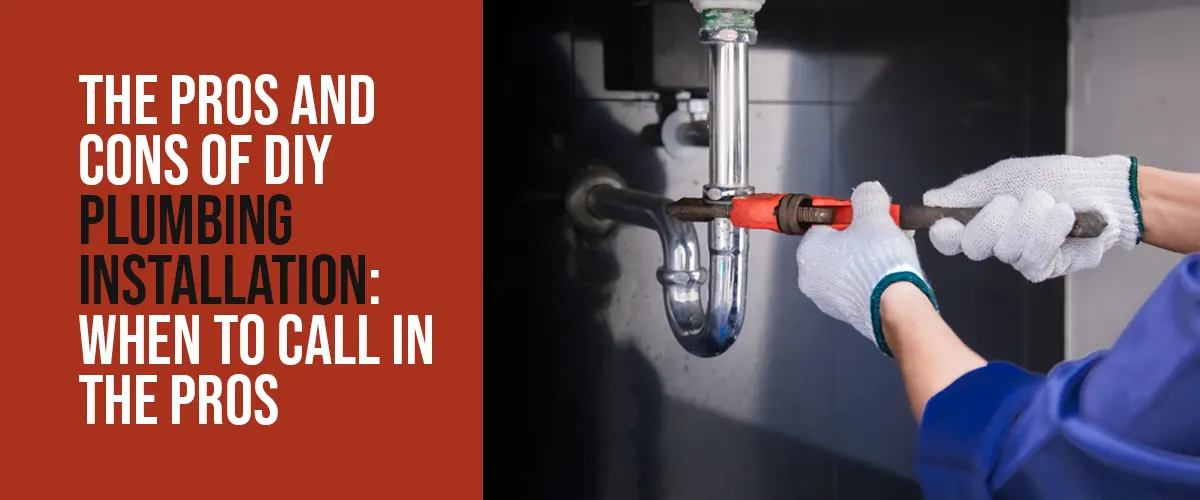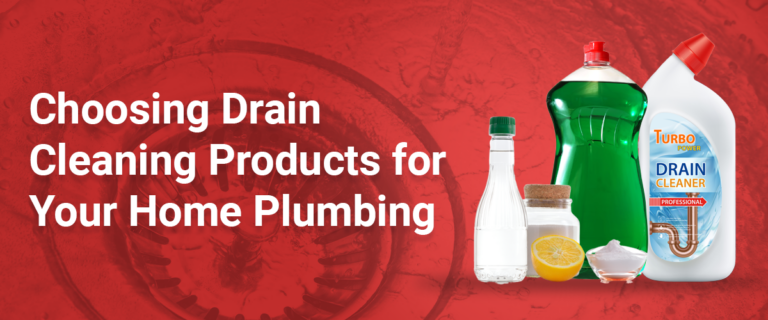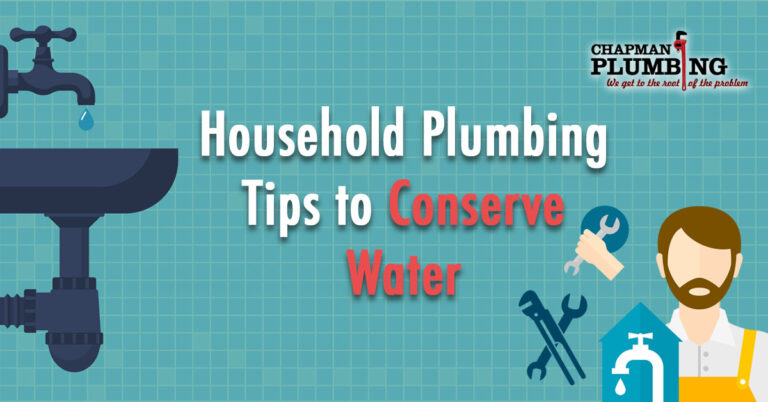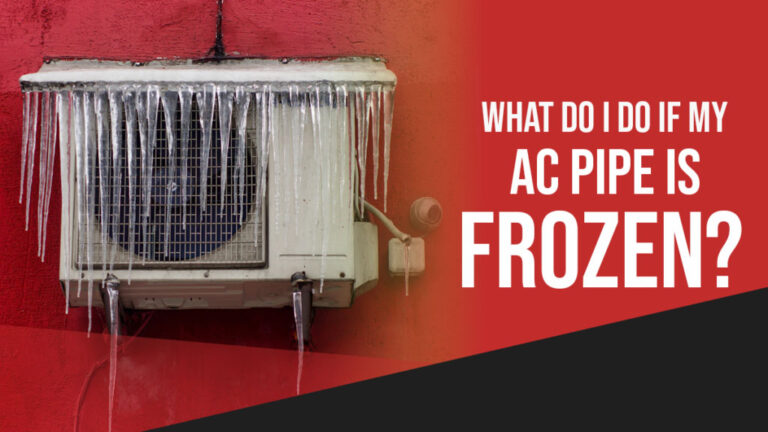The Pros and Cons of DIY Plumbing Installation: When to Call in the Pros
Are you considering a plumbing installation project for your home or building? Plumbing installation is a crucial aspect of any construction project, as it involves installing various fixtures and pipes that ensure the proper flow of water and waste. Professional plumbers require expertise for some plumbing installations, while individuals can do others through DIY plumbing installation. Do you want to tackle a plumbing project on your own? This article will explain plumbing installation, the DIY installation process, and its advantages and disadvantages.
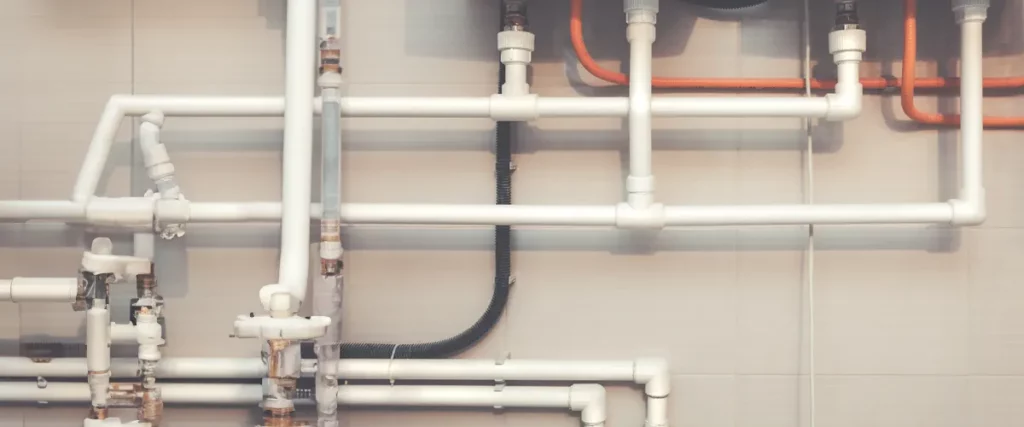
Plumbing Installation: What Do You Need To Know?
Plumbing installation is putting a plumbing system in place, including pipes and fixtures, and allowing water to flow into and out of buildings. Indeed, plumbing installation is essential for any construction project, as it provides a way to access clean water and dispose of wastewater.
Meanwhile, expert knowledge of building codes and regulations is necessary to ensure correct and safe plumbing system installation. A properly installed plumbing system can provide years of trouble-free use and peace of mind, making it an essential component of any construction project.
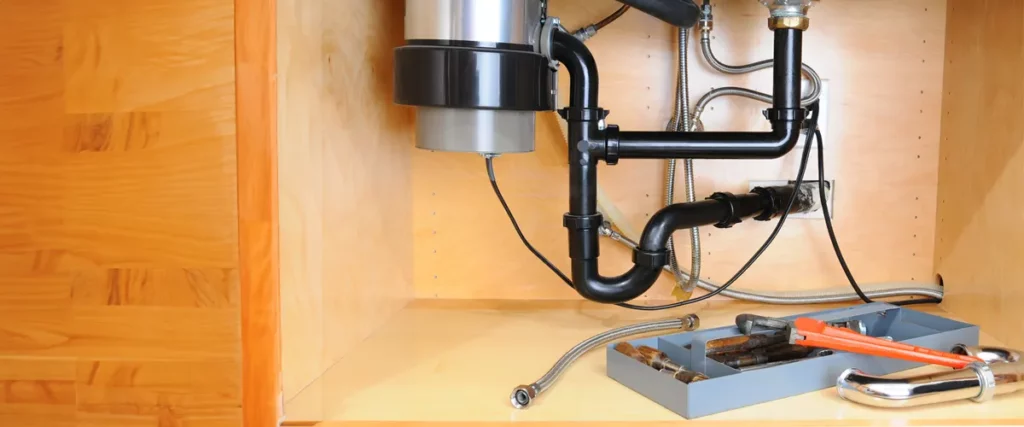
Pros of DIY Plumbing Installation
Consider several benefits if you’re thinking about tackling a plumbing installation project independently. However, weighing the pros and cons before getting started is essential. Let’s look at the benefits of DIY plumbing installation in more detail below:
1. Cost-Effective
One of the significant benefits of DIY plumbing installation is its low cost. By installing the plumbing system yourself, you can save on labor costs and only pay for the needed materials. It can benefit individuals with a limited budget or anyone wanting to renovate their home without spending too much money.
2. Flexibility and Convenience
DIY plumbing installation also offers flexibility and convenience. You can work on the structure at your own pace and schedule without waiting for a professional plumber to become available. Those too busy to observe the installation during regular business hours might take advantage of 24-hour emergency assistance.
3. Learning Opportunity
DIY plumbing installation can also provide a valuable learning opportunity. You may learn more about your home’s plumbing system and how it operates by installing it yourself. This knowledge can be helpful in the future when making repairs or upgrades to your plumbing system. You may also take satisfaction in knowing that you finished the installation, which can be pleasant.
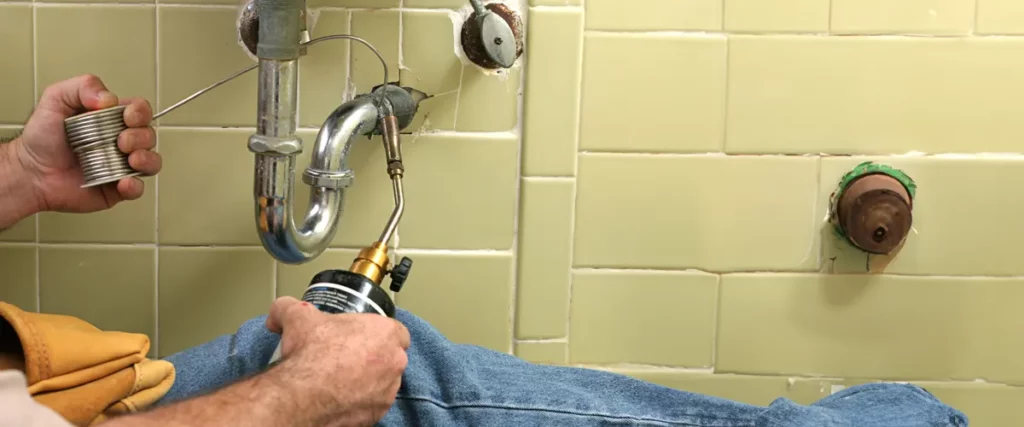
Cons of DIY Plumbing Installation
While some people decide to do their plumbing installation, others find that the disadvantages outweigh any potential benefits. Following are some downsides of DIY plumbing installation:
1. Increased Risk of Damage
The greater danger of damage is one of the most significant downsides of DIY plumbing installation. Without the proper expertise and knowledge, you may accidentally damage the plumbing system, leading to leaks, floods, and other issues. Repairing these issues can incur significant costs and often necessitate the assistance of a professional plumber. Furthermore, if the damage is extensive, it may cause additional harm to your house, such as mold development or structural damage.
2. Lack of Expertise and Tools
The average homeowner may need more expertise and tools for DIY plumbing installation. Professional plumbers have the necessary tools and knowledge to correctly install plumbing fixtures and pipes. With these tools and expertise, you can complete the installation correctly, leading to issues with the plumbing system. It can result in leaks, clogs, and other problems that may require a professional plumber’s help.
3. Safety Risks
DIY plumbing installation also poses safety risks. Plumbing systems can be dangerous, and mishandling them can lead to injuries. Professional plumbers’ training enables them to handle these risks and take appropriate safety measures to prevent accidents. Without proper training and safety measures, you could be at risk of burns, cuts, or other injuries while attempting to install the plumbing system.
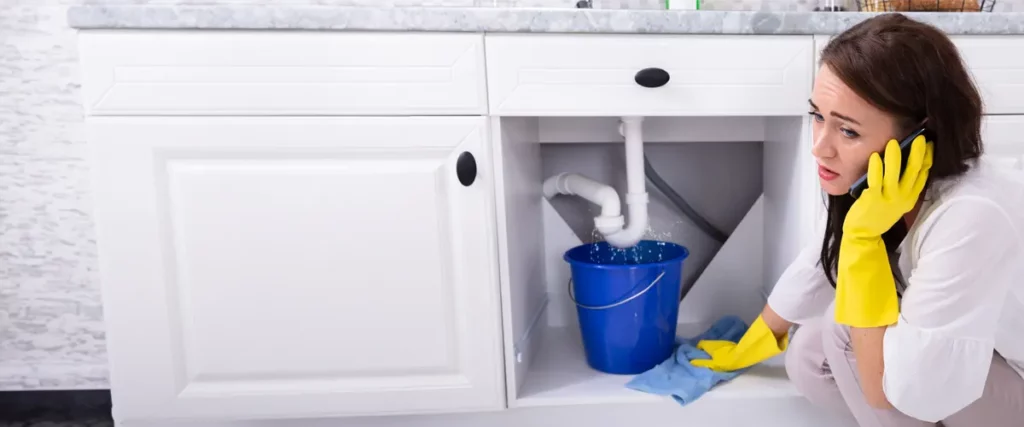
When to Call in the Pros
While a DIY plumbing installation can be cost-effective and convenient, sometimes it is best to call in the pros. Consider employing a professional plumber in the following situations:
1. Emergencies and Complicated Installations
Calling a professional plumber in emergencies or complicated installation projects is best. Burst pipes or leaks demand prompt attention, and a skilled plumber can swiftly identify the problem and make the required repairs. Complicated installations, such as those involving gas lines or complex plumbing systems, need a professional plumber’s expertise. Attempting to handle these situations alone can lead to further damage or safety risks.
2. Building Codes and Regulations
Building codes and regulations vary by state and municipality. Professional plumbers are familiar with these codes and can ensure that your plumbing installation complies with the rules. Non-compliance with these codes can result in fines, penalties, and legal issues. Hiring a professional plumber ensures your plumbing system is installed correctly and meets all necessary regulations.
3. Liability Concerns
Improper plumbing fixtures and pipe installation can hold you accountable for any resulting damages. Professional plumbers carry insurance that covers damages that may occur during installation. Hiring a professional plumber can provide peace of mind and protect you from liability issues. If anything goes wrong during the building, the professional plumber will be responsible for fixing it, not you.
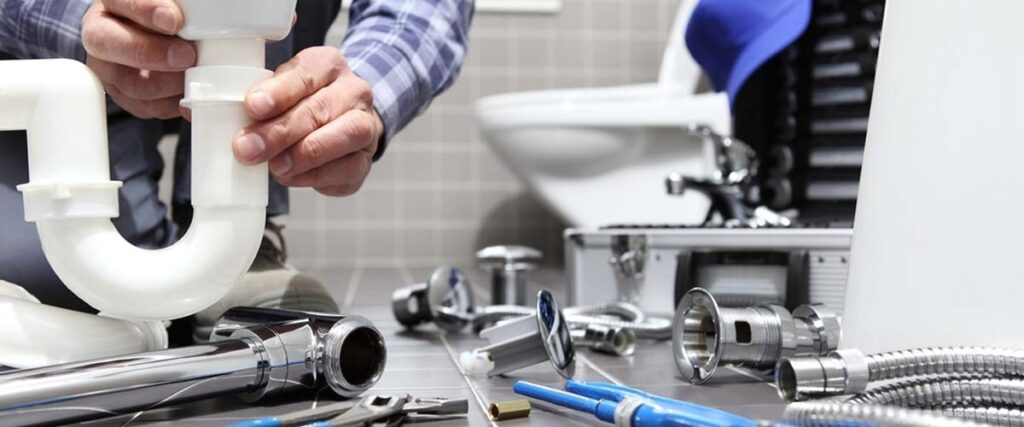
DIY or Professional Plumbing?
In summary, construction projects should prioritize the correct plumbing installation to prevent future problems. Although DIY plumbing installations can offer cost-effectiveness and convenience, it is crucial to carefully consider the advantages and disadvantages before deciding to undertake a project on your own. By viewing the potential risks and benefits, as well as your skills and experience, you can determine whether DIY plumbing installation is the right choice.
However, if you need clarification or have any doubts, it’s always best to call the professionals to ensure they do your plumbing installation in Alabama correctly and safely. Whether you decide to tackle a project on your own or hire a professional plumber, remember that a properly installed plumbing system will provide you with years of trouble-free use and peace of mind.

